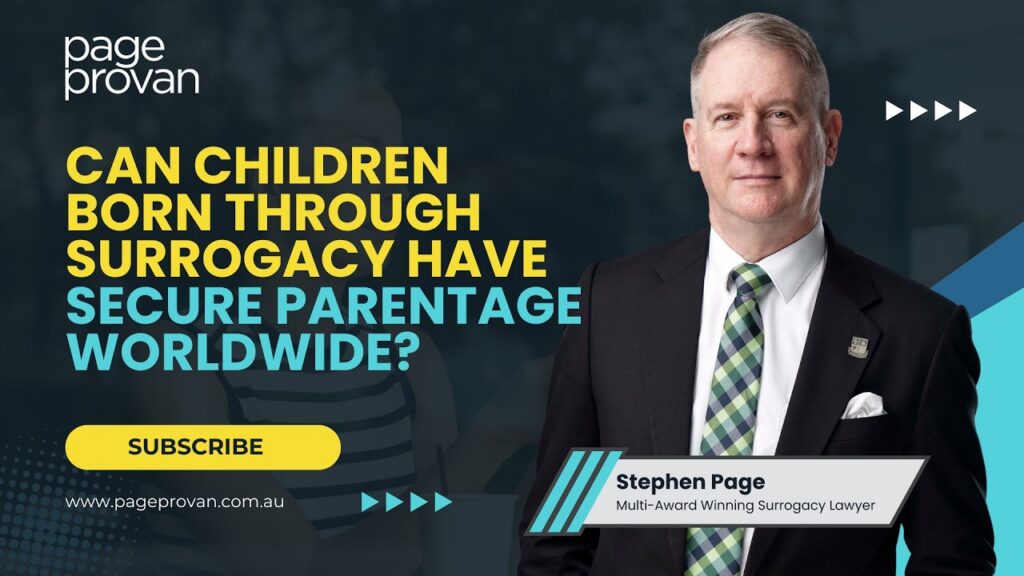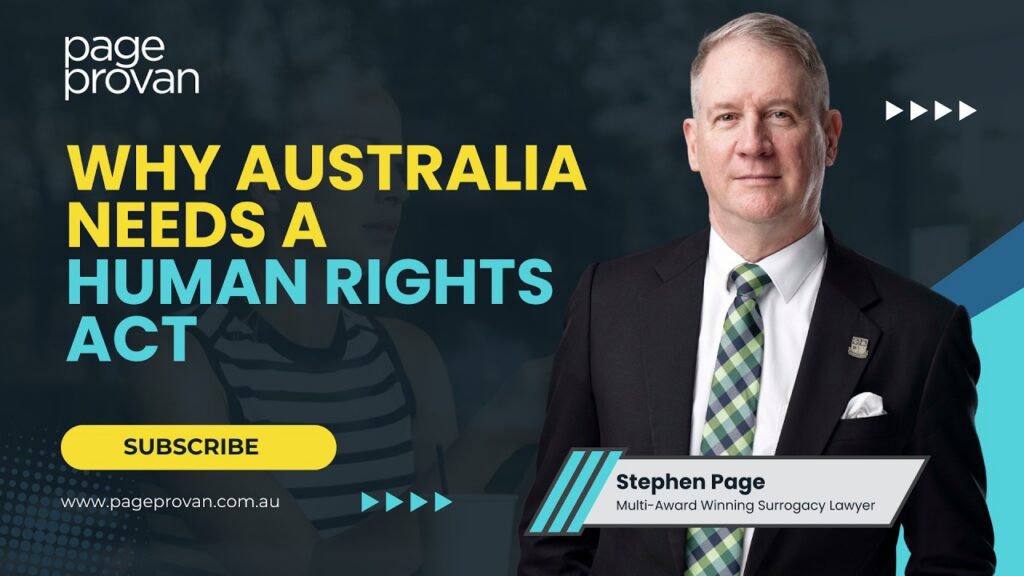Qld Inquiry into the rights of donor conceived people
The Queensland Parliamentary Inquiry has been announced as to rights of donor-conceived people, and possibly as to further regulation of Queensland’s IVF industry. Submissions are due by 5 pm Friday 29 April 2022. The report is due by 31 August 2022.
The terms of reference of the inquiry, by Parliament’s Legal Affairs and Safety Committee, are:
Issues relating to access to donor conception information, including:
- Rights of donor-conceived persons, including to know their genetic origins;
- The extent to which identifying information about donors should be given to donor-conceived persons, taking into consideration the right to privacy of donors;
- Access to historical clinical records and implications of retrospectivity;
- Access to support and counselling for donor-conceived persons and donors;
- Whether a register should be established; and
- Benefits, risks and implications on donor conception practices arising from any recommendations.
That the committee consider:
- Views and experiences of donor-conceived people, donors and industry stakeholders of the current framework;
- Current governance/regulatory frameworks, including registers, established interstate;
- Options to manage the collection, storage, and disclosure of identifying and non-identifying information about donors, donor-conceived persons and relatives;
- Whether and how to collect and disclose identifying information about donors where a donation was made on the condition of anonymity, including matters relating to consent;
- Whether any model should include information from private donor arrangements;
- Costs of any proposal including to establish and maintain any register and options for efficiencies, including a user-pays model;
- Whether regulating donor conception practices and assisted reproductive technology should also be considered as part of establishing a donor conception register, and human rights engaged under the Human Rights Act 2019.
In my view, having a Queensland central registry is a good idea, provided the model is one that is efficiently run. Ideally, there would be a national registry, but that looks like some time off. Queensland is lucky to have the most efficient Registry of Births, Deaths and Marriages in the country. By way of comparison, its processing time from lodgment to alteration of the birth register following the making of a parentage order to recognise the intended parents as the parents are two hours to two days. By comparison, NSW takes six weeks. In fairness, the central registry in NSW is run by the Ministry of Health, not the Registrar of Births, Deaths and Marriages.
The terms of reference seem to have overlooked the views of those who have been blessed with children as a result of gamete or embryo donation. Those views, too, should be made known to the Committee.
I am deeply concerned about the possibility of there being a broader ranging Assisted Reproductive Treatment Act in Queensland. Queensland IVF clinics are well run and are the subject of a thicket of regulation already. Imposing more regulation on Queensland IVF clinics is unlikely to lead to better outcomes for consumers, but will likely lead to higher costs for clinics- which in turn will inevitably be passed on to consumers.
Update: Further to this post about the Queensland donor inquiry, our director Stephen Page gave evidence to the inquiry on 10 May. You can access the full transcript of the proceedings here.












